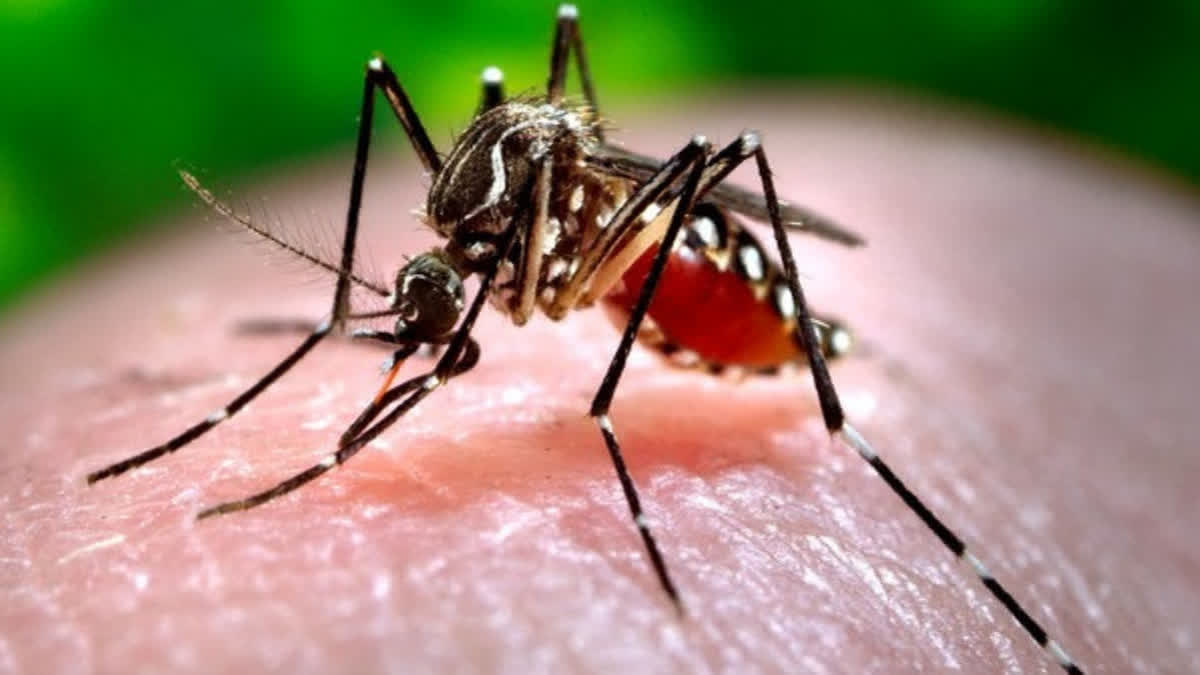Hyderabad:Dengue (break-bone fever) is a viral infection transmitted to humans through the bites of infected mosquitoes, primarily the Aedes Aegypti mosquito. The vector-borne disease has become a significant concern, especially in tropical and subtropical climates around the world. Current estimates indicate a staggering 100–400 million infections each year, with about half of the global population now at risk.
Transmission-The Aedes Aegypti mosquito is the primary vector for dengue, transmitting the dengue virus (DENV) to humans. After feeding on a DENV-infected person, the virus replicates in the mosquito mid gut before disseminating to secondary tissues, including the salivary glands.
Incubation period-The time mosquito takes from ingesting the virus to actual transmission to a new host is termed the extrinsic incubation period (EIP). The incubation takes about 8–12 days when the ambient temperature is between 25–28°C.
Variations in the incubation period are not only influenced by ambient temperature; several factors such as the frequent fluctuations in daily temperature, virus genotype, and viral load can have a bearing on the time it takes for a mosquito to transmit the virus. Once infectious, the mosquito can transmit the virus for the rest of its life.
Human-to-mosquito transmission-Mosquitoes can become infected by people who are viremic with DENV. This can be someone who has a symptomatic dengue infection, someone who is yet to have a symptomatic infection (they are pre-symptomatic), but also people who show no signs of illness as well (they are asymptomatic).
Human-to-mosquito transmission can occur up to 2 days before someone shows symptoms of the illness, and up to 2 days after the fever has resolved.
Maternal transmission-The primary mode of transmission of DENV between humans involves mosquito vectors. There is evidence however, of the possibility of maternal transmission (from a pregnant mother to her baby). At the same time, vertical transmission rates appear low, with the risk of vertical transmission seemingly linked to the timing of the dengue infection during the pregnancy. When a mother does have a DENV infection when she is pregnant, babies may suffer from pre-term birth, low birthweight, and fetal distress.
There can be other transmission methods too like through blood products, organ donation and transfusions have been recorded.
Symptoms-Usually the symptoms of Dengue can be mild or severe. Mild symptoms include high fever, severe headache, muscle and joint pains, nausea, swollen glands, vomiting and rashes in the body.
